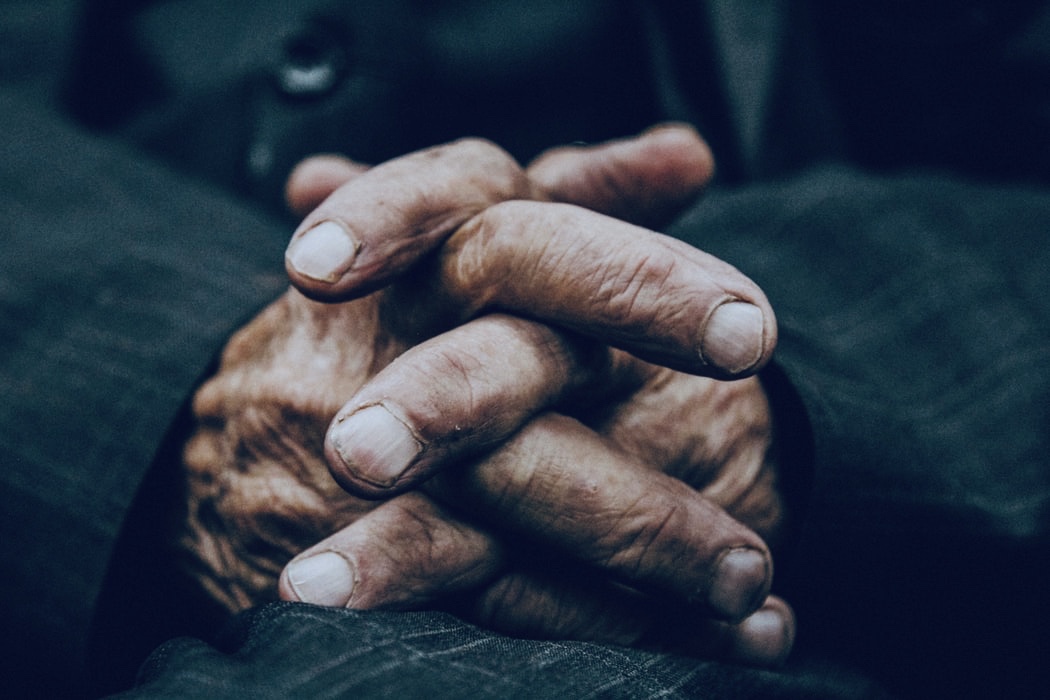Our plan was to backpack close to forty miles along the Colorado River on the rarely traveled Escalante Route in the Grand Canyon.
But in one of the busiest national parks in the United States, even permits for the more remote routes are incredibly difficult to secure. After days of arduous back and forth, switching dates and negotiating where we would pitch our tents each night, we finally landed one of the most epic permits in the park.
In my excitement, I shared this great news with my wife, who just stared at me blankly with no visible emotion on her face.
“You do realize those dates are during Easter, right?” she asked, knowing exactly how I would answer.
“Um, no,” I sheepishly confessed.
These kinds of oversights are typical for me, though.
Like the time I left the car seat in the car and showed up at the airport terminal with Starbucks in hand, only to have my wife, baby in arms, ask where the car seat was.
Like the time I left a week’s worth of breast milk at home when we went to my wife’s friend’s wedding in Florida with our newborn. I was supposed to be the one watching our daughter while my wife participated in all of the wedding activities.
You get the picture.
Life is full of inevitable disruptions and difficulties.
Sometimes they are of our own doing.
Other times, they are out of our control.
Like this season of the pandemic.
While we have made important and necessary sacrifices to protect the most vulnerable among us, there is no question that our isolation has created a sense of disruption, helplessness, and loss.
We have lost embraces to standing six feet apart.
We have lost the subtlety of a smile to face coverings.
We have lost the ease of conversations to dividers and shields.
We have lost plays and musicals and concerts, sporting events, parades and block parties, community social events, faith community gatherings, schools and classmates, work and coworkers, meals with extended families and friends.
We have lost the physical to the virtual, our natural rhythm to an unfamiliar beat.
And to compound our isolation, our sense of helplessness, and our loss of control during this time, we are fed nonstop media narratives that continue to polarize us, pit us against one another, and make us feel increasingly anxious and depressed.
In a desperate attempt to find some semblance of community and connectedness in our isolation, we retreat to social media only to find more anger, division, and hostility, which leaves us even more fragmented and alone.
We are losing so much more than lives to this virus.
We are losing our humanity.
We are being broken down individually into isolated and fragmented parts that are increasingly anxious and angry. We are rapidly losing our sense of what it means to be a fully integrated, fully alive human being that works toward healthy relationships and community. And we can either continue down this hateful and antagonistic trajectory, feeding the beast until it consumes our souls and causes us to devolve into utter chaos, or we can draw a line in the sand and resolve to fight for our hearts and take back our humanity, finding a different, more life-giving way forward in the process.
But it has to begin with each one of us.
For there is no remedying the whole until the parts themselves find wholeness.
As a people, we always have this mistaken idea that our help, our change, our salvation can only come from on high… from elected officials, from governments, from courts, from social organizations, from political action groups, and so on.
But every wisdom tradition I have ever studied teaches us that our communities only change when we change individually. Our communities only find health when we find health individually. Our communities only become just, merciful, forgiving when we become just, merciful, and forgiving individually. And our communities only become whole and healed when we become whole and healed ourselves.
Jesus said that even a little yeast will permeate the entire batch of dough.
It is always the transformation of the smallest part that leads to the transformation of the whole.
While I grieve for those affected by the virus, I believe this season of loss is giving us an opportunity to look inward and evaluate who we are as individuals.
Every construct upon which we have depended and that have held us up feebly like a crutch have been violently ripped away. Our endless rat races around life’s circumference have all ended abruptly. Our preoccupations prioritizing the exterior to the continual neglect of our interior have all ceased.
We have never been more naked and exposed and vulnerable in our lifetime than right now. There are no metaphorical bushes behind which we can hide. We have been given an opportunity during this time of loss to honestly look inward and see ourselves and rediscover our inherent goodness and our shared humanity.
But what are we doing with this opportunity? Do we go through this unchanged and continue down this downward spiral together? Or, do we embrace this time of disruption and difficulty as an opportunity to find our hearts again and save our communities?
On Easter morning of 2014, the guys and I sat in a circle on large rocks next to the Colorado River in the heart of the Grand Canyon and watched the sunrise. I unwrapped the foil that had preserved the homemade honey-molasses communion bread I had baked before the trip. While aching and feeling the loss of not being with my family to celebrate the day, I prayed with my brothers, broke the bread, and savored one of the most life-giving and holy Easter moments I have ever experienced.
Life is difficult and many times feels like profound loss, but we always have the opportunity to embrace the moment and look-inwardly. For it is only in this place where we can recover that which is life-giving and holy.



